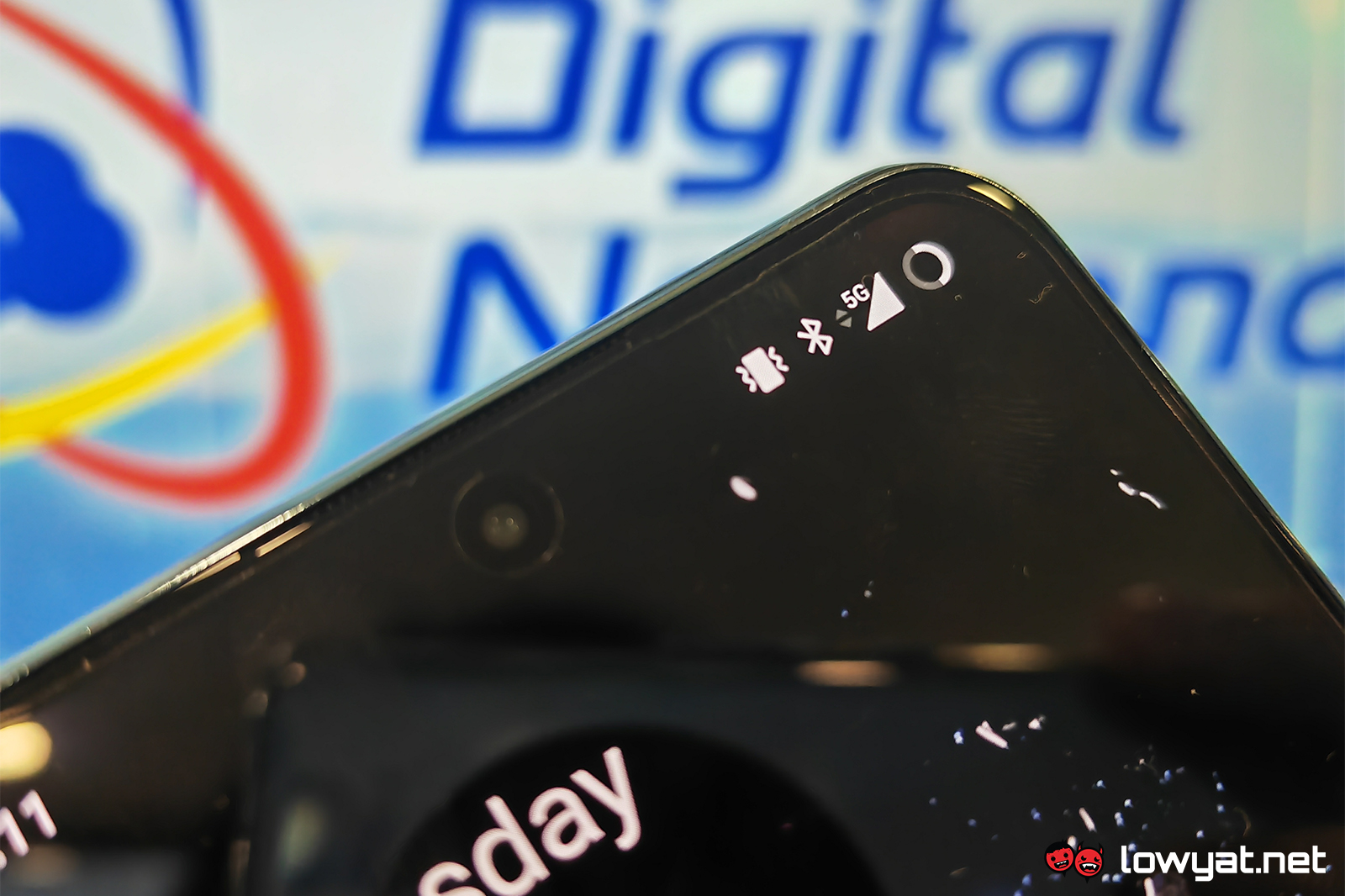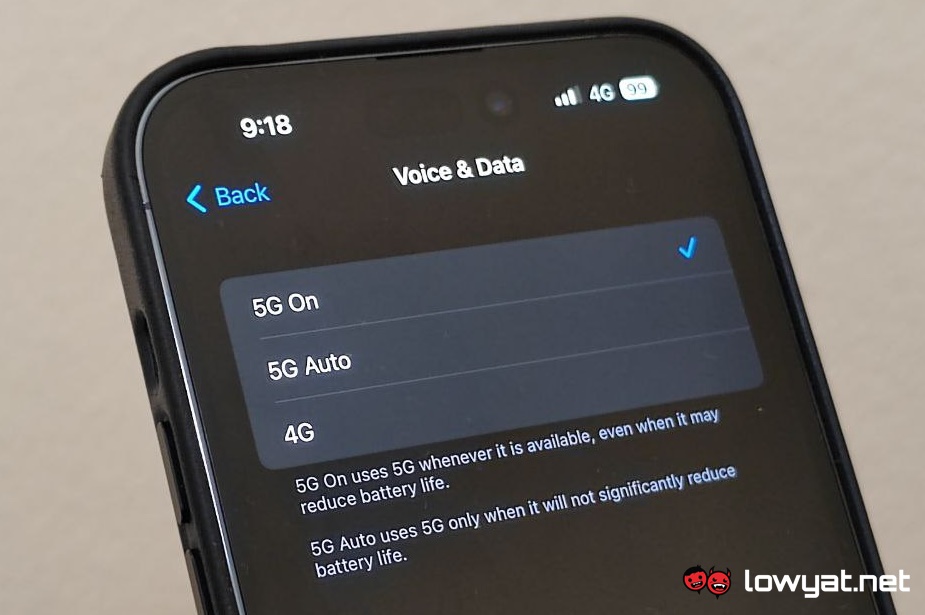Communications and Digital Minister Fahmi Fadzil seems to be incredulous about Digital Nasional Berhad (DNB)’s recent statement where it claimed to have achieved almost 50% coverage of 5G across Malaysia. Owing to that, the minister is asking the Ministry of Finance’s special purpose vehicle to explain how exactly it arrived at those figures.
Fahmi’s reaction came as a reply after scholar James Chin criticised DNB’s figures due to his experience with data coverage in Sarawak. Chin lamented Sarawak’s state of 4G, calling it slower than 3G and questioned how many people in the state are actually able to get 5G or even proper 4G speeds.
I think @DNB_Official must explain how they arrived at these figures.@MCMC_RASMI has not yet verified this info.
Next time I don’t think DNB should publish prior to verification. https://t.co/JHjCipq6LJ
— Fahmi Fadzil 🇲🇾 (@fahmi_fadzil) January 3, 2023
For context, DNB claimed that it has achieved a total 5G coverage of populated areas of 47.1% throughout the country, comfortably passing its 2022 year-end goal of 40%. Breaking it down by states, its statement provided coverage figures for Sarawak and Sabah at 32.4% and 27.9% respectively — it should be noted that Sarawak’s coverage falls shy of DNB’s 34.7% target for the state.
The minister noted that the network provider’s figures have yet to be verified by the Malaysian Communications and Multimedia Commission (MCMC). He also stated that DNB should not be publishing such statements in the future before its figures go through verification.

Last month, the new federal government announced that it would be conducting a review of the state-owned 5G network run by DNB. Specifically, Prime Minister Anwar Ibrahim said the tendering process that saw an RM11 billion dollar contract awarded to Swedish telecommunications firm Ericsson lacked transparency.
In an interview on Tuesday, Fahmi revealed that the government had a meeting with DNB to discuss the issues around 145 signed contracts and the speed of the 5G network’s rollout, expecting the review to be finalised by this quarter. The minister explained that only 87% of cellular towers were “fiberised”, which is apparently to be blamed for complaints of Malaysia’s 5G not being as fast as expected.
(Sources: Fahmi Fadzil/Twitter, The Star.)
Follow us on Instagram, Facebook, Twitter or Telegram for more updates and breaking news.



